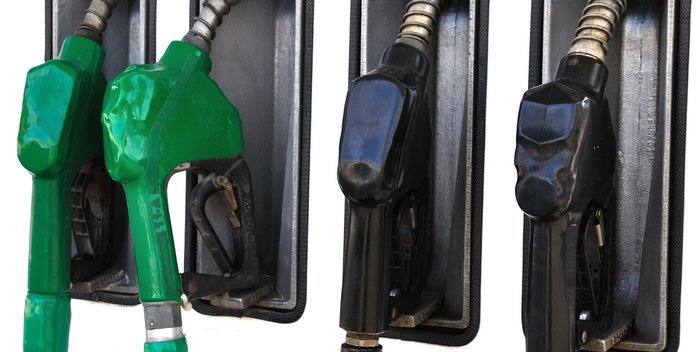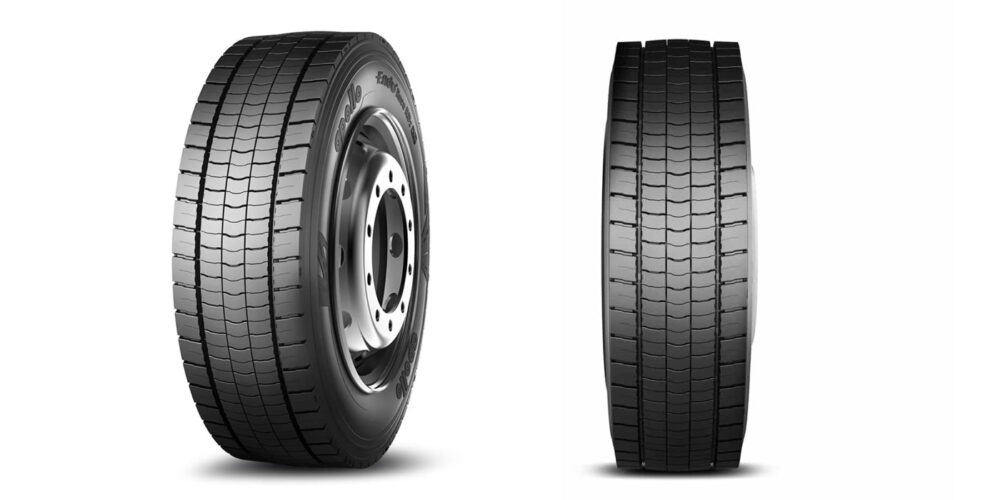As a scientist, I think it’s important to have as many facts as possible about a topic before drawing a conclusion. That’s why I feel compelled to respond to a column about biodiesel published in September’s Fleet Equipment. (Editor’s note: You can read the column here). Full disclosure: I work for Renewable Energy Group Inc., a leading producer of biodiesel. But my response is spurred more by a desire to have the full facts available for readers.
Cold weather usage
The column was a response to Minnesota’s plan to require B20 biodiesel only in warmer months. It is important to note that the longstanding requirement of B5 in cooler months would continue unchanged. The author’s concerns focused on one of the biggest myths surrounding biodiesel: That it isn’t suitable for use in cold weather. The truth is that fleets across North America use biodiesel year-round.
One of those is G&D Integrated, based in the cold winter state of Illinois. It uses B20 in its fleet of more than 400 vehicles throughout the winter.
“We didn’t have any engine issues. We didn’t have any gelling issues,” the company reported. You can see for yourself in this video. G&D’s experiences represent the rule, not the exception—millions of gallons of biodiesel have been used in upper-Midwest states the past several winters with great success.
The columnist wrote about waxy deposits forming at low temperatures, but what he didn’t add was something fleets already know: This is an issue with all diesel fuels. Yes, biodiesel’s Cloud Point is important to consider. But proper storage and handling coupled with good winter additives help fleets use B20 in the cold. And keep in mind that 80% of a B20 blend is petroleum diesel, which impacts its cold weather properties much more than the biodiesel.
OEM support
Water is another issue that is a concern with all fuels. Storing all fuels in a clean, dry tank is critical. It’s not as if biodiesel creates water out of thin air. If water has a way into a particular tank, it will be there no matter the fuel. Possible engine oil dilution with biodiesel has been raised by a small number of OEMs, but I have not seen any evidence that this is a problem in the field. Speaking of OEMs, nearly 90% of medium- and heavy-duty truck OEMs support B20.
Reducing emissions
Biodiesel is, simply stated, a huge success story for the environment. B20 has been shown to reduce particulate matter and carbon monoxide emissions by more than 10% and unburned hydrocarbons by more than 20% in heavy-duty highway engines. The California Air Resources Board regularly gives biodiesel the lowest carbon intensity score among liquid fuels.
Returning to Minnesota, the American Lung Association advocated for the move to B20 because of the public health benefits, including a projected reduction of 130 tons of particulate emissions and 1 million tons of carbon dioxide in 2018.
Biodiesel has other performance advantages over petroleum diesel. The ASTM specification for biodiesel requires a minimum Cetane number of 47, compared with 40 for diesel. Also, adding as little as 2% biodiesel can double the lubricity of diesel fuel. The columnist did bring up the cetane and lubricity benefits, and I commend him for that. He also wrote that he’s “all for biodiesel.” I think that’s a sentiment all fleets would share, without qualification, once they are aware of the full facts about biodiesel.
This article was contributed by Dave Slade, the executive director of biofuel technology and services at REG. He has a doctorate in chemical engineering from the University of Kansas.














